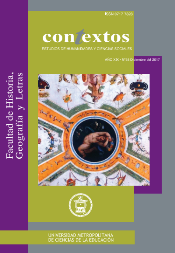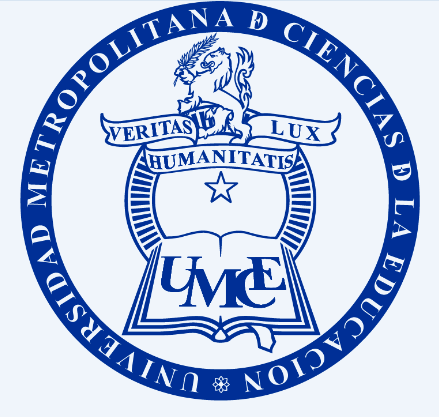Conteúdo do artigo principal
dez 22, 2017
Resumo
El conocimiento es un valor relativo en una determinada época histórica. El periodismo produce conocimiento a partir de la experiencia sensorial e inmediata, que se incorpora por el uso y el hábito. En la reconstrucción histórica, un reportaje producido en el pasado puede ser considerado un ‘rastro significante’ de tiempos idos que llega a nuestros días y que contribuye para el entendimiento de los hechos históricos. En el artículo, se analizan textos extraídos de la prensa brasileña sobre un hecho ocurrido en Santiago de Chile, el 11 de septiembre de 1973: el Golpe de Estado que destituyó el régimen constitucional, democráticamente elegido en 1970. El cuerpo de la investigación fue extraído de Veja (ediciones 263 y 264) y también del Jornal do Brasil (año LXXXIII, edición 158). Aunque el magazine semanal y el diario tuviesen métodos y condiciones de trabajo muy específicas en su producción, ambos son ejemplos que evidencian a los periodistas como historiadores del presente.
Downloads
Política propuesta para revistas que ofrecen acceso abierto
Aquellos autores/as que tengan publicaciones con esta revista, aceptan los términos siguientes:
- Los autores/as conservarán sus derechos de autor y garantizarán a la revista el derecho de primera publicación de su obra, el cuál estará simultáneamente sujeto a la Licencia de reconocimiento de Creative Commons que permite el uso de este material siempre que se indique su autoría y la fuente original de su publicación (URL de la revista), no se use con fines comerciales y sin derivaciones de la obra original.
- Los autores/as podrán adoptar otros acuerdos de licencia no exclusiva de distribución de la versión de la obra publicada (p. ej.: depositarla en un archivo telemático institucional o publicarla en un volumen monográfico) siempre que se indique la publicación inicial en esta revista.
- Se permite y recomienda a los autores/as difundir su obra a través de Internet (p. ej.: en archivos telemáticos institucionales o en su página web) antes y durante el proceso de envío, lo cual puede producir intercambios interesantes y aumentar las citas de la obra publicada. (Véase El efecto del acceso abierto).






